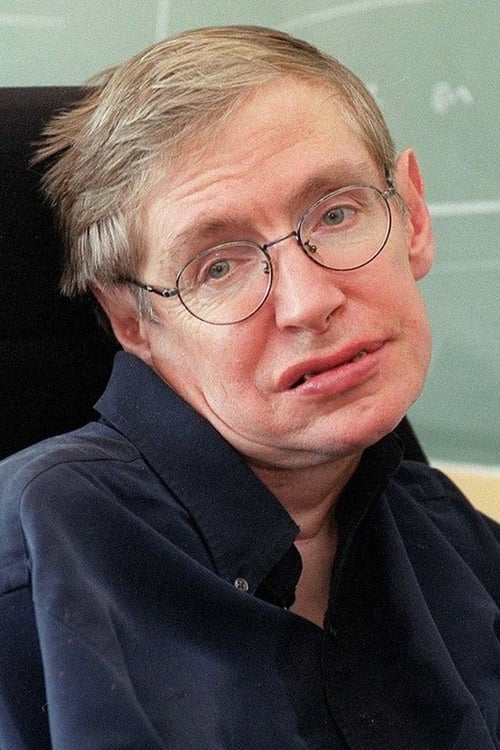Stephen Hawking
Birth : 1942-01-08, Oxford, Oxfordshire, England, UK
Death : 2018-03-14
History
Stephen William Hawking CH CBE FRS FRSA (8 January 1942 – 14 March 2018) was an English theoretical physicist, cosmologist, author, and Director of Research at the Centre for Theoretical Cosmology within the University of Cambridge. His scientific works included a collaboration with Roger Penrose on gravitational singularity theorems in the framework of general relativity and the theoretical prediction that black holes emit radiation, often called Hawking radiation. Hawking was the first to set out a theory of cosmology explained by a union of the general theory of relativity and quantum mechanics. He was a vigorous supporter of the many-worlds interpretation of quantum mechanics.
Description above from the Wikipedia article Stephen Hawking, licensed under CC-BY-SA, full list of contributors on Wikipedia.
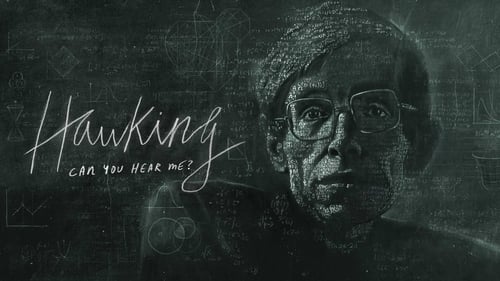
Himself
A documentary telling the remarkable human story of Stephen Hawking. For the first time, the personal archives and the testimonies of his closest family reveal both the scale of Hawking's triumphs and the real cost of his disability and success.
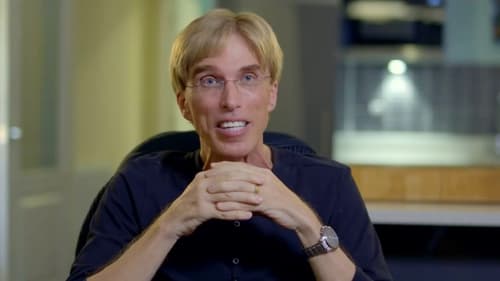
archive footage
Peter: The Human Cyborg is the extraordinary journey of super-scientist Peter Scott-Morgan as he turns himself into a cyborg in an attempt to overcome the Motor Neurone Disease (MND) that will otherwise kill him.
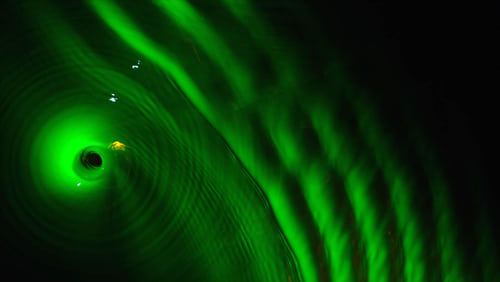
Self
Black holes stand at the limit of what we can know. To explore that edge of knowledge, the Event Horizon Telescope links observatories across the world to simulate an earth-sized instrument. With this tool the team pursues the first-ever picture of a black hole, resulting in an image seen by billions of people in April 2019. Meanwhile, Hawking and his team attack the black hole paradox at the heart of theoretical physics—Do predictive laws still function, even in these massive distortions of space and time? Weaving them together is a third strand, philosophical and exploratory using expressive animation. “Edge” is about practicing science at the highest level, a film where observation, theory, and philosophy combine to grasp these most mysterious objects.

Narrator (archive sound)
How's it all gonna end? This experience takes us on a journey to the end of time, trillions of years into the future, to discover what the fate of our planet and our universe may ultimately be. We start in 2019 and travel exponentially through time, witnessing the future of Earth, the death of the sun, the end of all stars, proton decay, zombie galaxies, possible future civilizations, exploding black holes, the effects of dark energy, alternate universes, the final fate of the cosmos - to name a few.
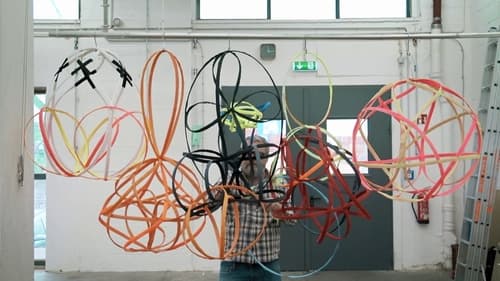
Himself
A 30 years odyssey: the world's most intriguing artists and thinkers from the fields of visual art, music, filmmaking, acting, literature, philosophy, politics, business and science, are asked the same question: "Why are you creative?"

Himself
In this landmark film Professor Hawking, alongside engineer and radio astronomy expert Professor Danielle George and a former student, Christophe Galfard, join forces to find out if, and how, humans can reach for the stars and relocate to different planets. Travelling the globe, they meet top scientists, technologists and engineers who are working to answer our biggest questions: is there another planet out there that we could call home? How will we travel across the vast distances of space to get there? How will we survive the journey? And how will we set up a new human civilization on an alien world? Taking in the latest advances in astronomy, biology and rocket technology from the Atacama Desert to the wilds of the Arctic, viewers will discover a whole world of cutting edge research. This programme shows that Professor Hawking’s ambition isn’t as fantastical as it sounds - and that science fiction is closer to science fact than we ever thought.

Himself
William Shatner sits down with scientists, innovators and celebrities to discuss how the optimism of 'Star Trek' influenced multiple generations.

Participant
Eric Idle persuades Professor Brian Cox to present a lecture on the birth of the entire universe. Brian soon realises Eric is actually hosting a comedy and musical extravaganza.

Himself
Zoe Saldana enlists the help of Stephen Hawking to solve a quantum riddle in order to get Simon Pegg’s cat back. This follows Paul Rudd’s epic quantum chess match with Stephen Hawking.

Himself
On a NASA research base in Silicon Valley, there's an organization that's changing the world ... Singularity University (SU). Created by renowned futurist Ray Kurzweil and entrepreneur Peter Diamandis, with support from NASA, Google, and others, the university brings in some of the smartest students from around the world, and gives them a crash course in the most powerful exponential technologies on the planet. The students are then given a challenge: create companies that will impact a billion people within ten years. The film follows the students and their companies over five years, as they use the support of scientists, astronauts and billionaires in their attempt to make a dent in the universe.

Himself
The game is real and the stakes are high as the future of humanity hangs in the balance. Can Paul Rudd, an actor, beat Stephen Hawking, one of the greatest minds of our generation, in a game of chess that will determine the future of humanity? Most likely not. Unless...

Himself - Presenter
Commander Stephen Hawking pilots his space ship the SS Hawking on the journey of a lifetime, zooming from black holes to the Big Bang, Saturn to Santa Barbara. After all, why should astronauts have all the fun?

Self
Since he was a teenager, Dara O Briain has been fascinated with professor Stephen Hawking, the world's most celebrated scientist. In this special film, Dara spends time with his boyhood hero as he attends the world premiere of The Theory of Everything, the movie made about his life, and then at Professor Hawking's home and place of work in Cambridge.

Self
David Walliams reprises his iconic character Lou for the exclusive return of Little Britain with a very special guest - Professor Stephen Hawking. Also starring Catherine Tate.
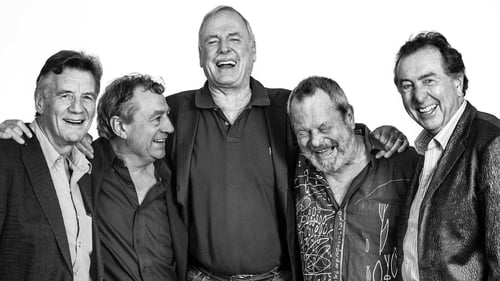
Self
With unprecedented access, this program reveals the humour, chaos and passion that went into bringing the Flying Circus to the stage cumulating in the legendary One Down, Five To Go.

Self
Celebrate the last night of the Pythons on the big screen! - With John Cleese, Eric Idle, Terry Gilliam, Terry Jones and Michael Palin.
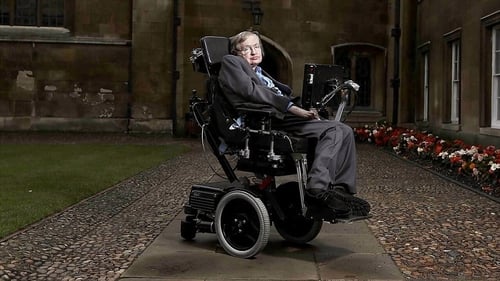
Himself
The use of embryonic stem cells has ignited fierce debate across the spiritual and political spectrum. But what if we could create manmade stem cells - or find super cells in adults that could forever replace embryonic cells and remove the controversy? Today, we are on the brink of a new era - an age where we may be able to cure our bodies of any illness. Stephen HAWKING has spent his life exploring the mysteries of the cosmos, now there is another universe that fascinates him - the one hidden inside our bodies - our own personal galaxies of cells.
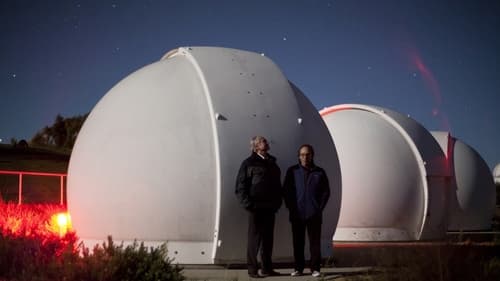
Self
Scientists Richard Dawkins and Lawrence Krauss travel the globe promoting a scientific worldview and the rational questioning of religious belief.
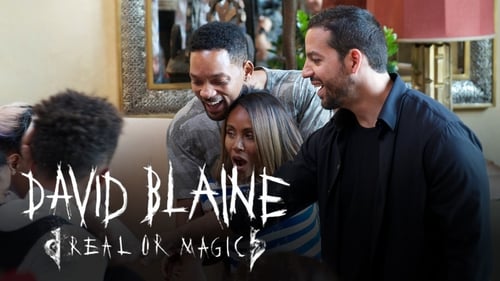
Self
David Blaine's signature brand of street magic mystifies the most recognisable celebrities in the world, such as Jamie Foxx, Bryan Cranston, Aaron Paul, Ricky Gervais, Katy Perry, Woody Allen, and Robert DeNiro, to name a few. He goes to the homes of Kanye West and Harrison Ford, Will Smith and Olivia Wilde. He pays a visit to Stephen Hawking at his office in Cambridge University. Blaine also travels the world, astonishing people from all walks of life with never-before seen, inconceivable magic.
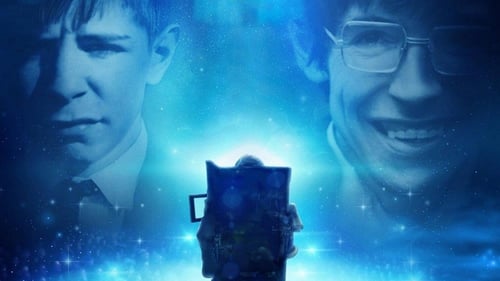
Writer
The extraordinary story of the planet’s most famous contemporary scientist, told in his own words and by those closest to him. Made with unique access to Hawking’s private life, this is an intimate and moving journey into Stephen's world, both past and present.

Himself
The extraordinary story of the planet’s most famous contemporary scientist, told in his own words and by those closest to him. Made with unique access to Hawking’s private life, this is an intimate and moving journey into Stephen's world, both past and present.
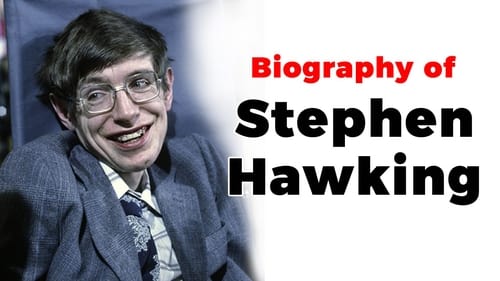
Writer

Himself
The opening ceremony of the London 2012 Paralympic games.

Himself
Humanity’s ascent is often measured by the speed of progress. But what if progress is actually spiraling us downwards, towards collapse? Ronald Wright, whose best-seller, “A Short History Of Progress” inspired “Surviving Progress”, shows how past civilizations were destroyed by “progress traps”—alluring technologies and belief systems that serve immediate needs, but ransom the future. As pressure on the world’s resources accelerates and financial elites bankrupt nations, can our globally-entwined civilization escape a final, catastrophic progress trap? With potent images and illuminating insights from thinkers who have probed our genes, our brains, and our social behaviour, this requiem to progress-as-usual also poses a challenge: to prove that making apes smarter isn’t an evolutionary dead-end.

Self - Theoretical Physicist (archive footage)
What if an extra-terrestrial force attacked Earth? What might that look like and how will the people of Earth respond? Consulting a cast of world-renowned scientists, survival experts and defense experts, National Geographic explores this frightening scenario. Experts reveal what could motivate alien invaders to attack Earth, and speculate on how the attack might play out, the strategy alien invaders might use, and the most effective ways for humans to respond.

Stephen Hawking

Self
Artist and writer Matt Collings takes the plunge into an alien world of equations. He asks top scientists to help him understand five of the most famous equations in science, talks to Stephen Hawking about his equation for black holes and comes face to face with a particle of anti-matter. Along the way he discovers why Newton was right about those falling apples and how to make sense of E=mc2. As he gets to grips with these equations he wonders whether the concept of artistic beauty has any relevance to the world of physics.

Himself
Twenty years after A Brief History of Time flummoxed the world with its big numbers and black holes, its author, Stephen Hawking, concedes that the "ultimate theory" he'd believed to be imminent - which would conclusively explain the origins of life, the universe and everything - remains frustratingly elusive. Yet despite his failing health and the seeming impossibility of the task, Hawking is still devoted to his work; an extraordinary drive that's captured here in fleeting interview snippets and footage of the scientist sharing a microwave dinner with some fawning PhD students. Though the pop-science tutorials that dapple the first of this two-part biography are winningly perky, Hawking, alas, remains as tricky to fathom as his boggling quantum whatnots
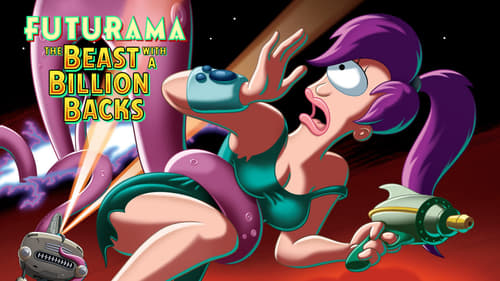
Himself (voice)
Fresh off ripping space-time a new one at the end of "Bender's Big Score," the Planet Express crew is back to mend the tear in reality, or (hopefully) at least not make it worse. Beyond the tear, though, lurks a being of inconceivable...tentacularity. What will become of Earth, and indeed, our universe, when faced with the Beast with a Billion Backs?

Himself
A look at the state of the global environment including visionary and practical solutions for restoring the planet's ecosystems. Featuring ongoing dialogues of experts from all over the world, including former Soviet Prime Minister Mikhail Gorbachev, renowned scientist Stephen Hawking, former head of the CIA R. James Woolse

Himself
How secure is our future? This eye-opening documentary -- which uses computer-generated imagery to illustrate an asteroid collision, black holes and worldwide plagues, among other threats -- explores seven scenarios that could spell the end of the world. Interviews with noted scientists examine the extent of preparations for these cataclysmic events and what's being done to save future generations from extinction.
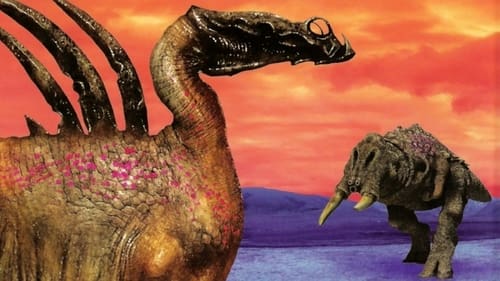
Himself
The dynamic meeting of solid science and futuristic simulation culminates in a dramatic exploration to another inhabited planet seven light years away. Alien Planet creates a realistic depiction of creatures on another world, where life is possible, if not provable, according to scientists' theories. Take this fascinating journey created by state-of-the-art animation and photo-realistic effects.

Self
A compilation of clips and interviews, originally broadcast on BBC2's Red Dwarf Night in 1998, and subsequently included on the DVD release of Red Dwarf series 2.

Thanks
A compilation of clips and interviews, originally broadcast on BBC2's Red Dwarf Night in 1998, and subsequently included on the DVD release of Red Dwarf series 2.

Darsteller
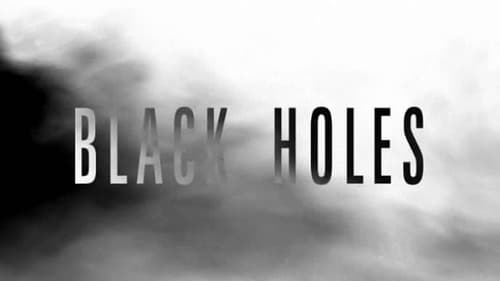
Documentary on nature's ultimate abyss, the black hole. It is the darkest thing in the universe and its gravity is so powerful that not even light can escape. Most start out as brilliant stars which, after millions of years, eventually collapse forming a bottomless pit from which there is no escape. Narrated by actor John Hurt and directed by award-winning documentary filmmaker Richard Smith, the program is a journey into interstellar space to explore these mysterious "prisons of light", via an imaginary computer-generated space ship. Guides for the journey include Professor Stephen Hawking, Britain's Astronomer Royal Sir Martin Rees, and Homer Simpson. The program also examines the history surrounding black holes, from the first conception of them in 1859 to the present day.

Himself
Explores the revolutionary world of Fractal Geometry - its far-reaching and often unexpected implications - its powerful and revolutionary applications.

Author
This shows physicist Stephen Hawking's life as he deals with the ALS that renders him immobile and unable to speak without the use of a computer. Hawking's friends, family, classmates, and peers are interviewed not only about his theories but the man himself.

Self
This shows physicist Stephen Hawking's life as he deals with the ALS that renders him immobile and unable to speak without the use of a computer. Hawking's friends, family, classmates, and peers are interviewed not only about his theories but the man himself.

Himself
In a studio setting, Stephen Hawking, Arthur C. Clarke and Carl Sagan (who joins them via satellite) discuss the Big Bang theory, God, our existence as well as the possibility of extraterrestrial life.

Selt - Host (voice)

Himself
